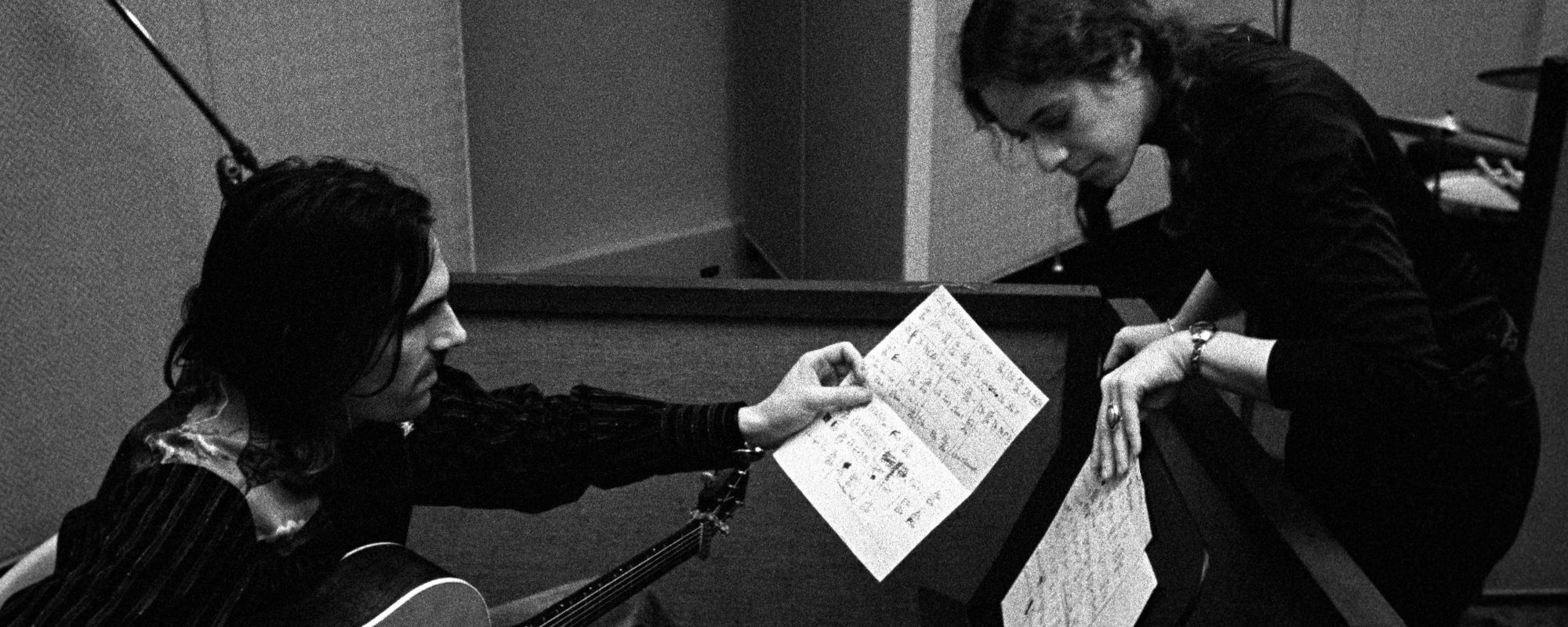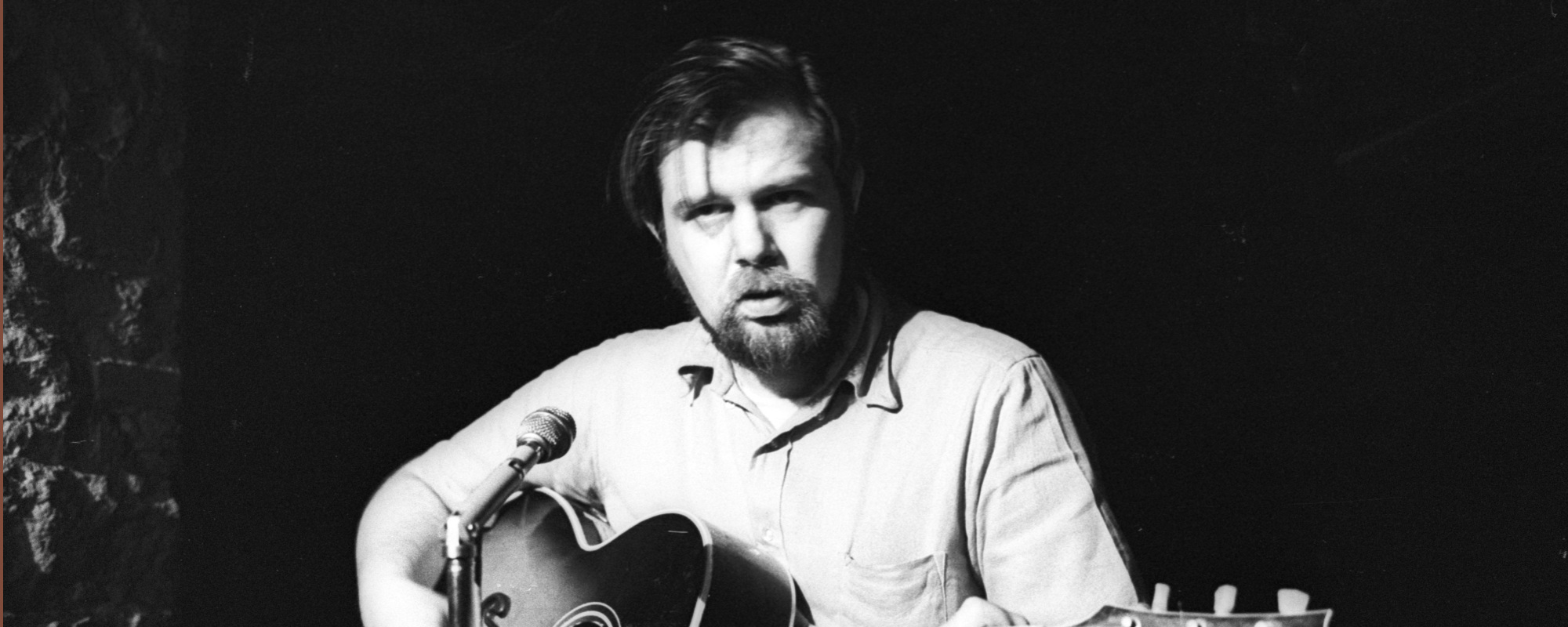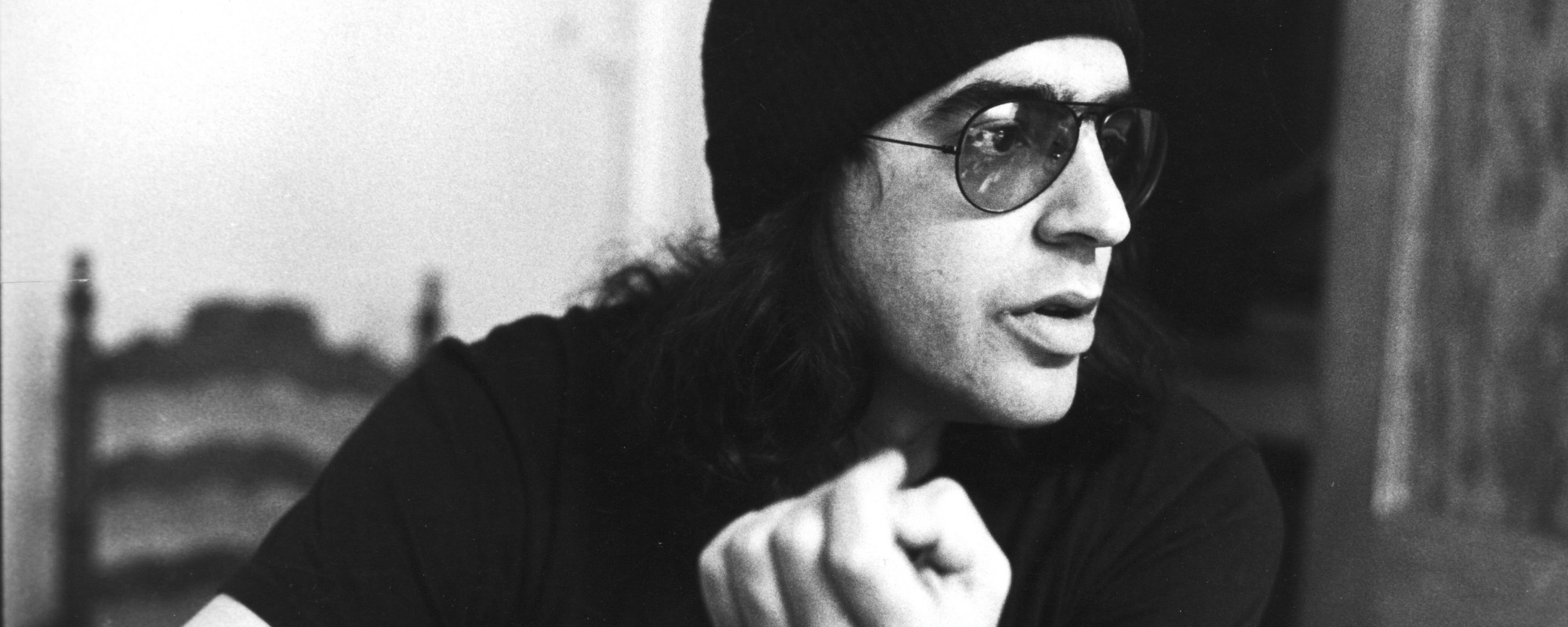If you’ve never heard of Judee Sill, that’s not exactly surprising. Folk music of the 1960s and 1970s has always been associated with the likes of Bob Dylan and Peter Seeger. However, Sill helped bring the folk movement into the 1970s, and she did it with just two incredible records. If you’re a fan of folk, you need to know her story and hear her music.
Videos by American Songwriter
Judee Sill’s Story Was a Rough One
Judee Sill was born in Los Angeles in 1944. Originally in the care of her father, Sill lived with her mother and older brother (who would pass when she was only 8) after her father passed away. Sill would talk about this period, especially after her mother’s remarriage, as one of violence and unhappiness.
Sick of violent, physical fights between herself and her parents, Sill turned to crime and drug use as a form of escapism. By the time she had reached the age of 20, she had been arrested for everything from armed robbery to forgery to narcotics possession. Where many of her contemporaries put on the counterculture underdog act like a costume, Sill was the definition of a rough-around-the-edges folk musician.
Sadly, Sill also developed an addiction to drugs, which would eventually be her undoing. In 1979, at the age of only 35 years old, she died from an overdose. With the achingly short amount of time she had, Judee Sill managed to produce two of the greatest records in folk history: Her 1971 self-titled debut and Heart Food from 1973.
The Legacy of Judee Sill
Judee Sill’s career began, more or less, in the early 1970s. It was her era; she had a great chance of becoming a folk superstar. In 1971, she was the first artist signed to Asylum Records, a label that would later represent greats like Bob Dylan and Joni Mitchell.
Heart Food would go on to gain a cult following. Though, at the time, this folk pop record was positively recognized and lauded by critics. Despite everyone talking about how great Judee Sill was, both of her albums flopped commercially. This would lead to her tragic downfall.
It doesn’t make sense, honestly. Heart Food is a gorgeous arrangement of songs that sounds like a diary of sorts. Sill explores her relationship with theology as well as her love life. I’d be bold enough to say that record is a progenitor of freak folk, in a way. I don’t get why it did so poorly in terms of sales.
Perhaps Judee Sill’s pain was what inspired so much of her greatest works. I, personally, wish she could have gotten the help she needed. In another world, I’d like to think she’s still playing the piano and writing music as we speak.
Photo by Michael Ochs Archives/Getty Images
When you purchase through links on our site, we may earn an affiliate commission.













Leave a Reply
Only members can comment. Become a member. Already a member? Log in.